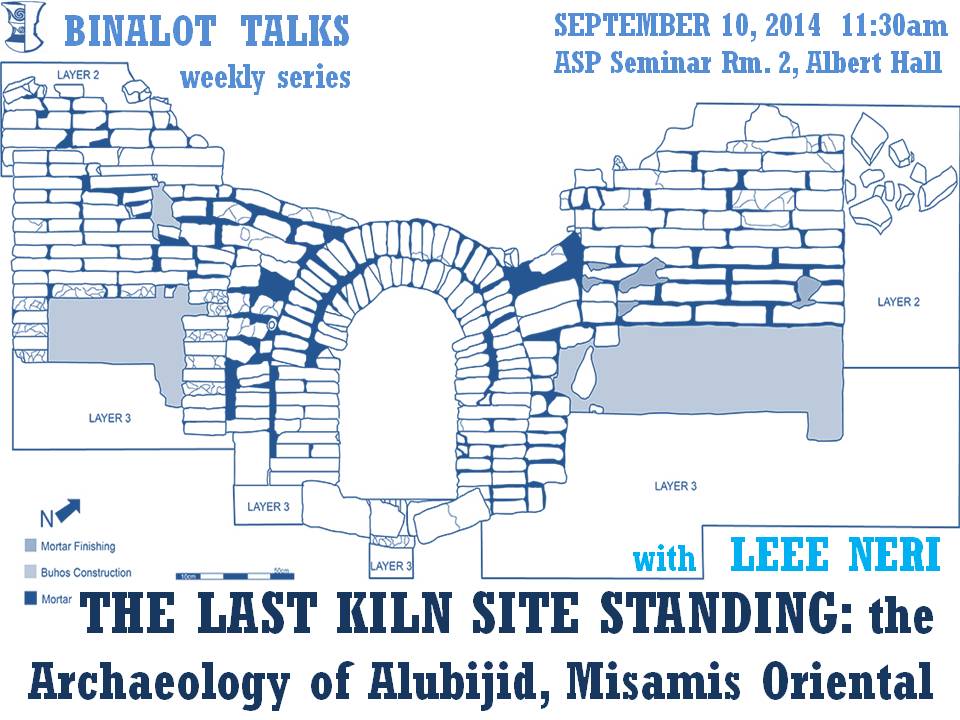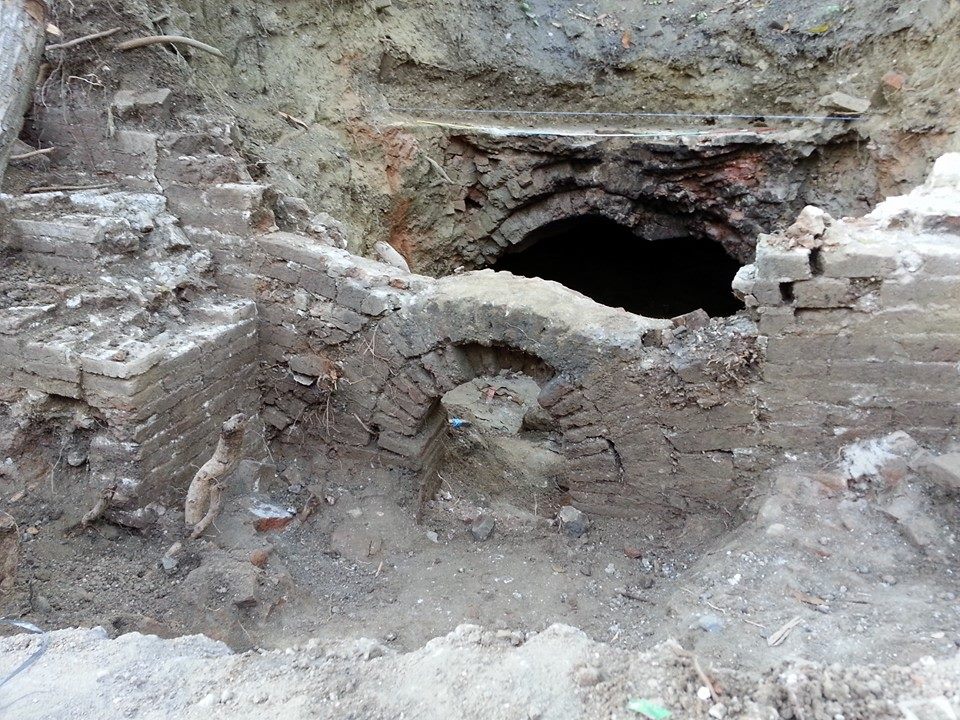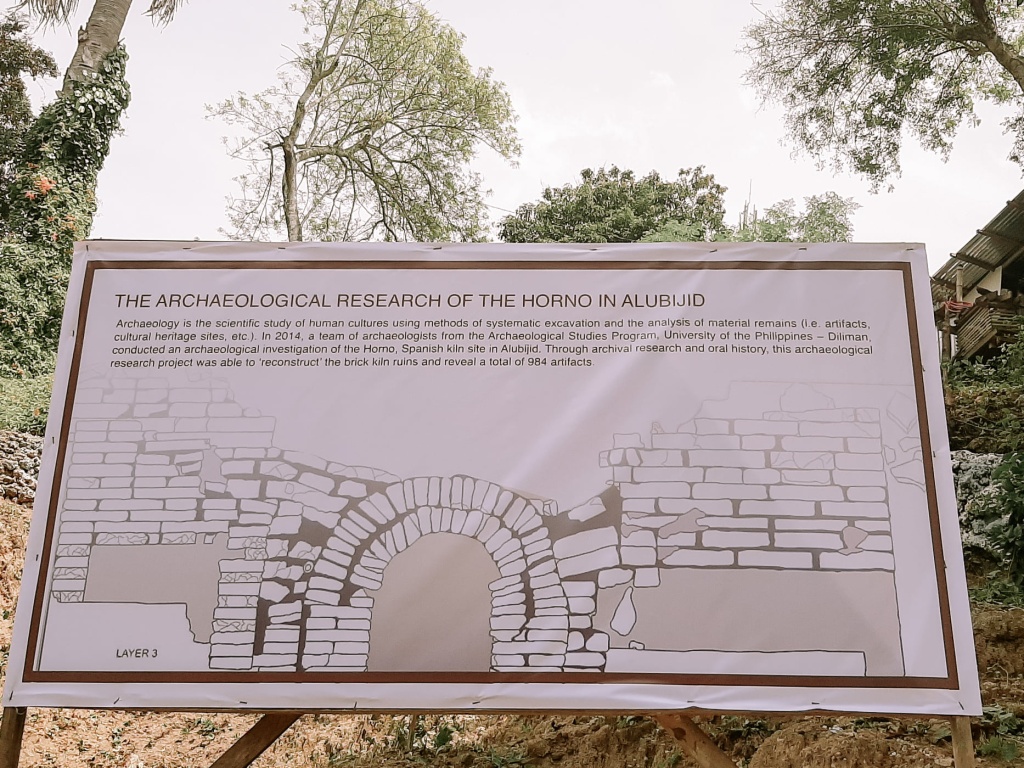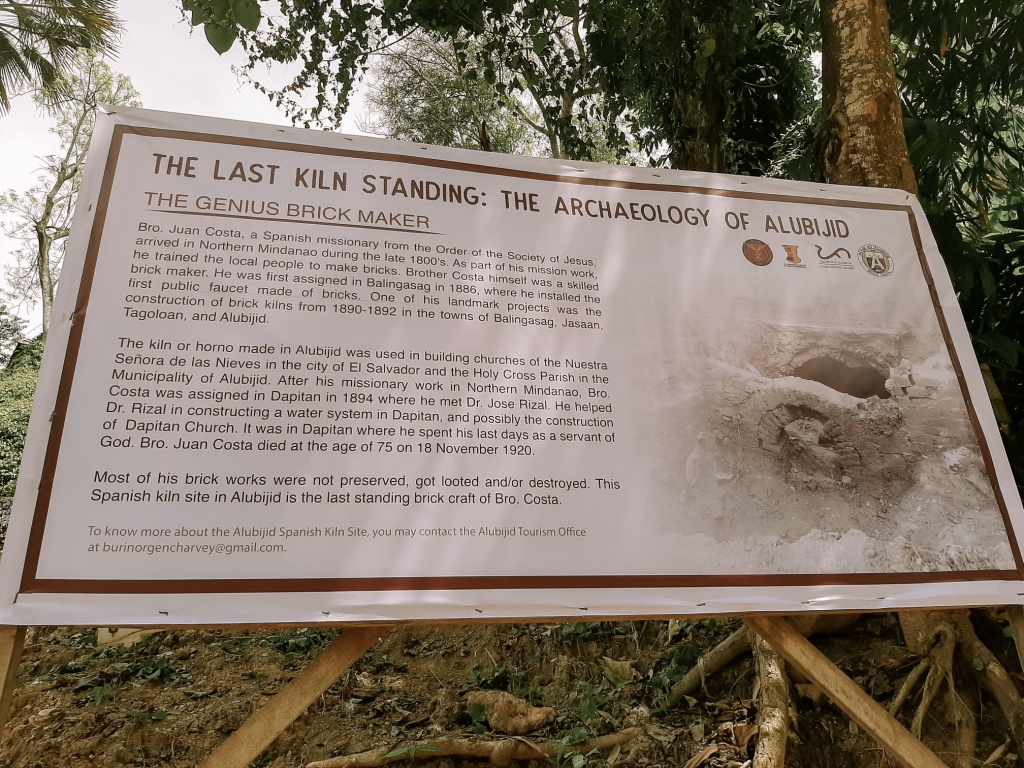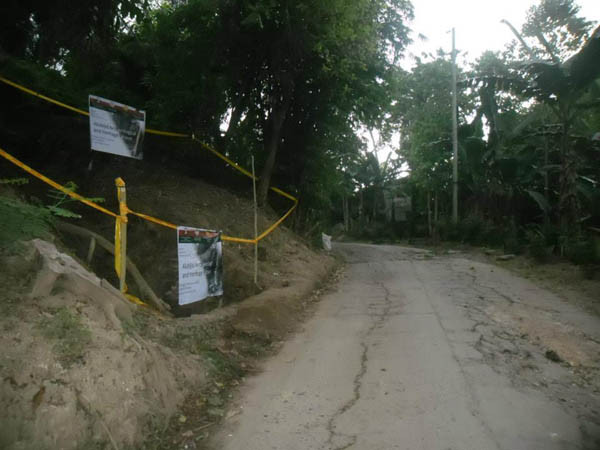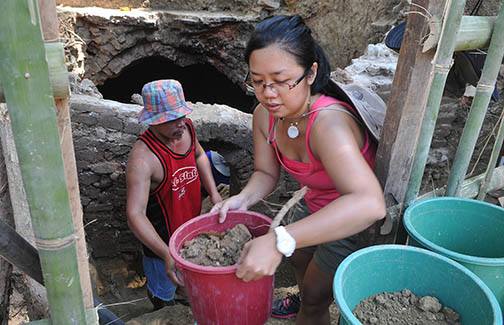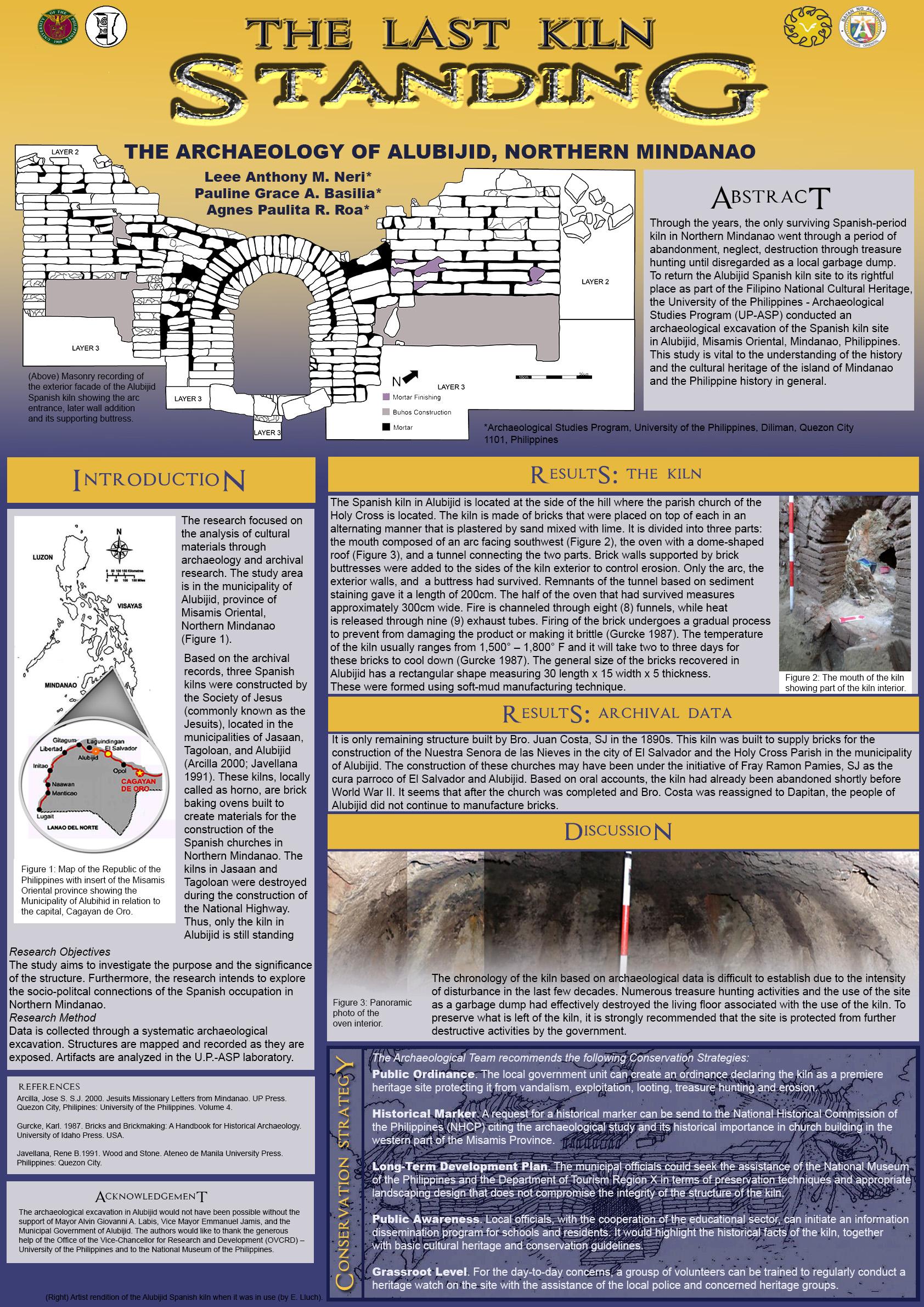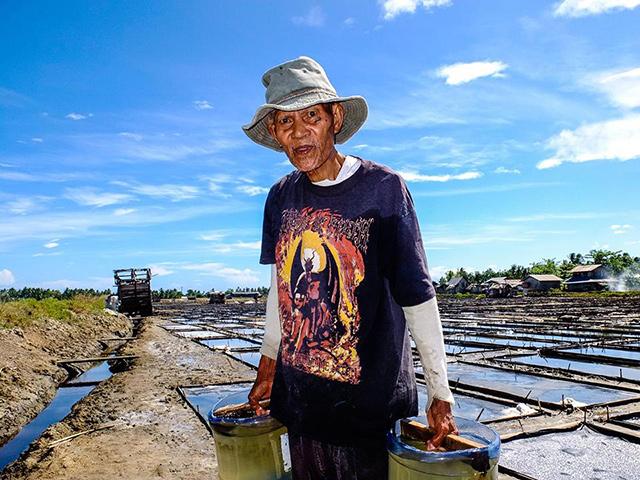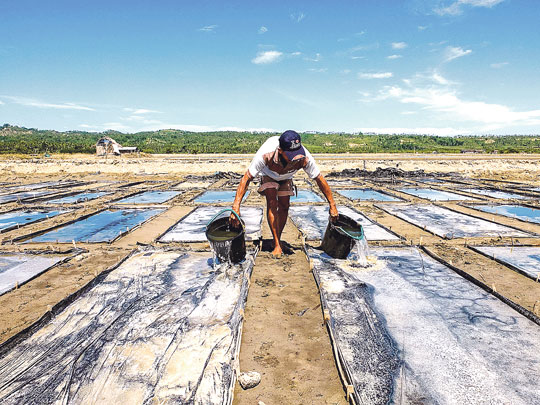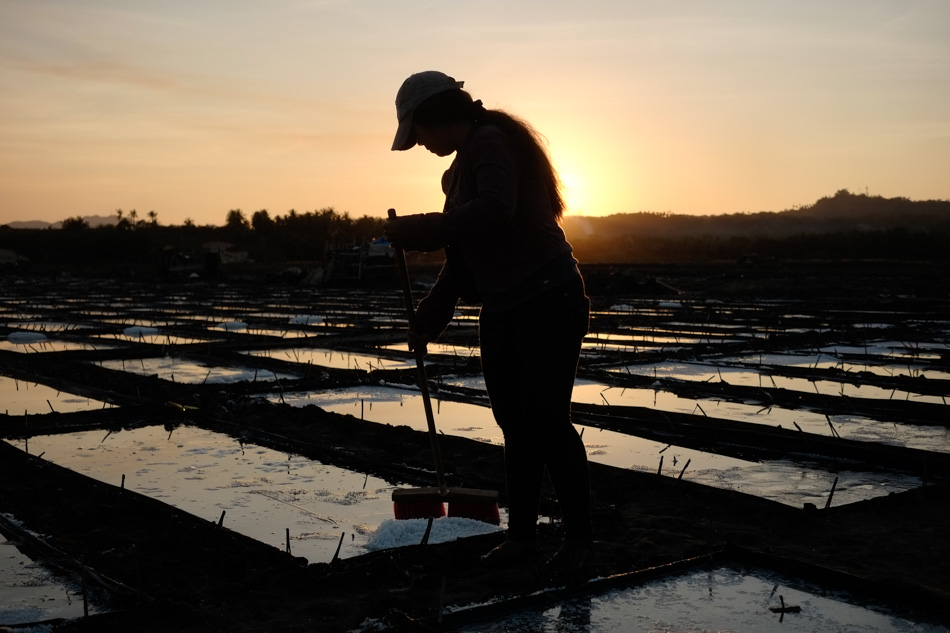Milagro De Agua Resort, also named Taparak Pools or Bagras Cold Spring because of the wide diversity of Bagras tree that grows within the area.
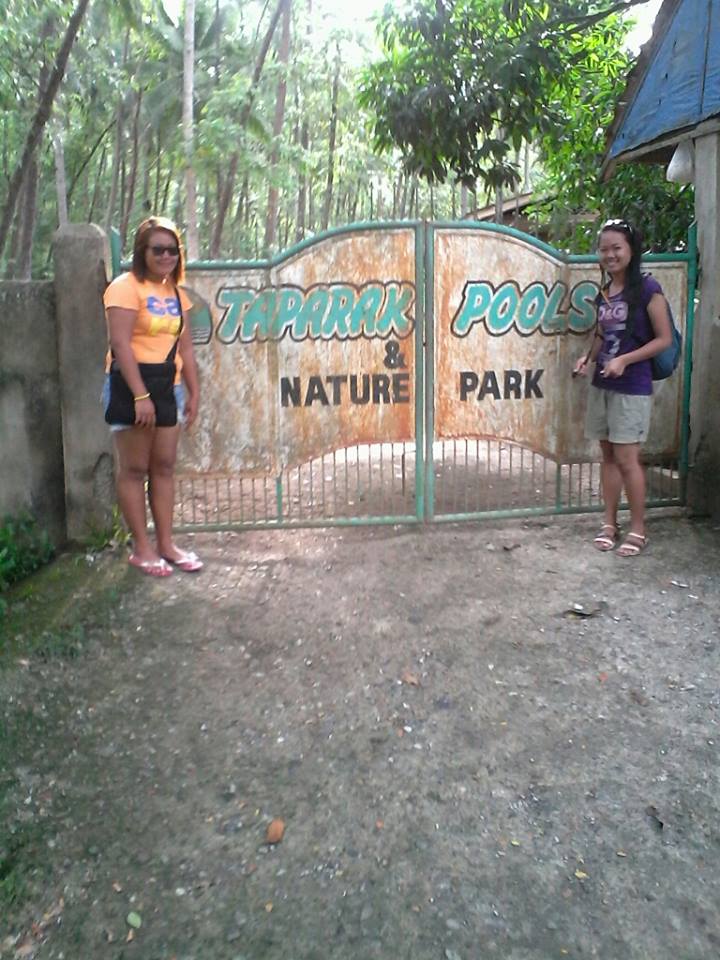 (Source)
(Source)

The spring comes from a big faucet, like other commercial pools, and it is not chlorinated. Its water comes fresh from the mountains! Its the suba (river) water gurgling in the pool. (Source)
Bobong Akut, the spring caretaker, beamed when he told us that the cold spring is open 24/7. “There is no time limit.
The usage of the pool depends on the customers. If they want, they can stay here overnight,” Akut said.
The entrance fees of the cold spring are Php15.00 for children below 15 and Php 25.00 for adults. If you want to swim from morning to night (12:59PM), you pay Php35.00. If you want a swim morning until next morning (overnight), you just have Php50.00 as payment. If you want the pool exclusively for you and your family and friends’ pleasure, it’s a deal at Php 2,500 to 3,000. Whole day.
When you are bored, need fresher air, and some signal for your mobile phone, you can go up the hill. There you will find a small cottage packed with a majestic view of the Alubijid mountains, 360 degrees. Plus, phone signal.
From the highway, this place is a 40-minute ride via habal-habal (motorcycle).
ENTRANCE FEE;
40- Adult
20- Children
10- for Environmental fee
(Price of July 2021)
| Website: | no website found |
| Facebook: | Milagro De Agua Resort |
| Email: | no email found |
| Landline: | no number found |
| |
| Mobile: | 0955 996 6391 |
| |
| Municipal: | Alubijid |
| Barangay: | Taparak |
| Address: | no street address found |
| Google Map: | Milagro De Agua Resort |
| |
Save
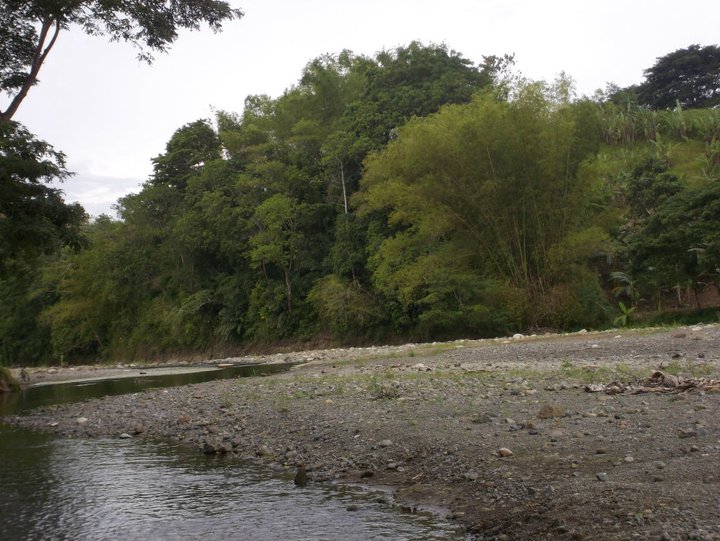
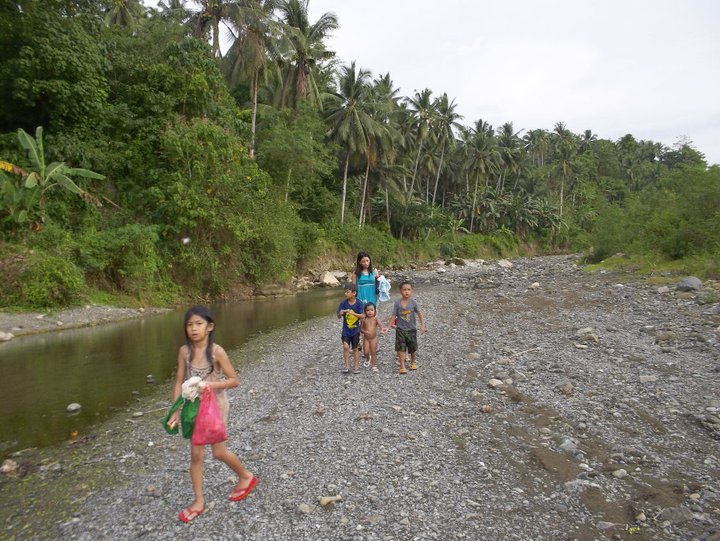

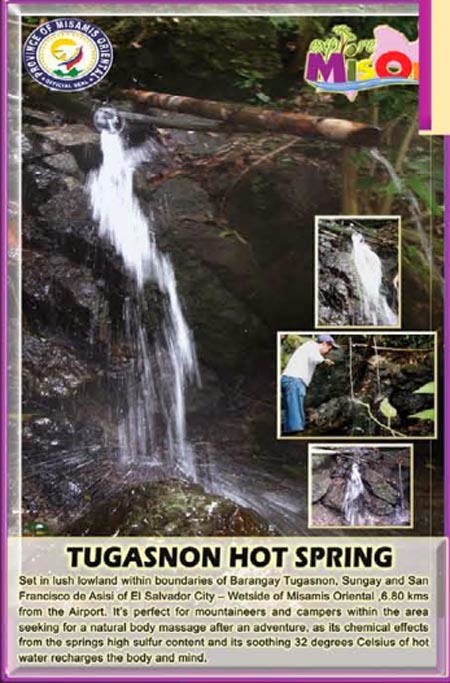
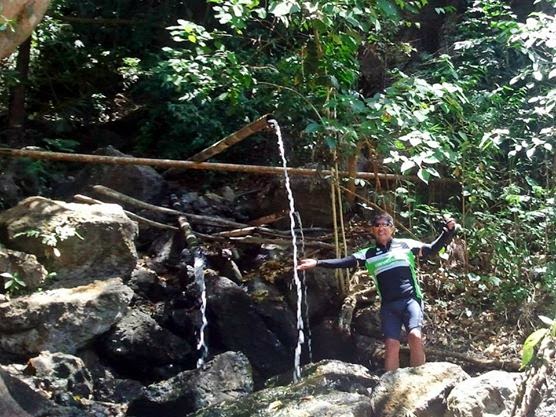
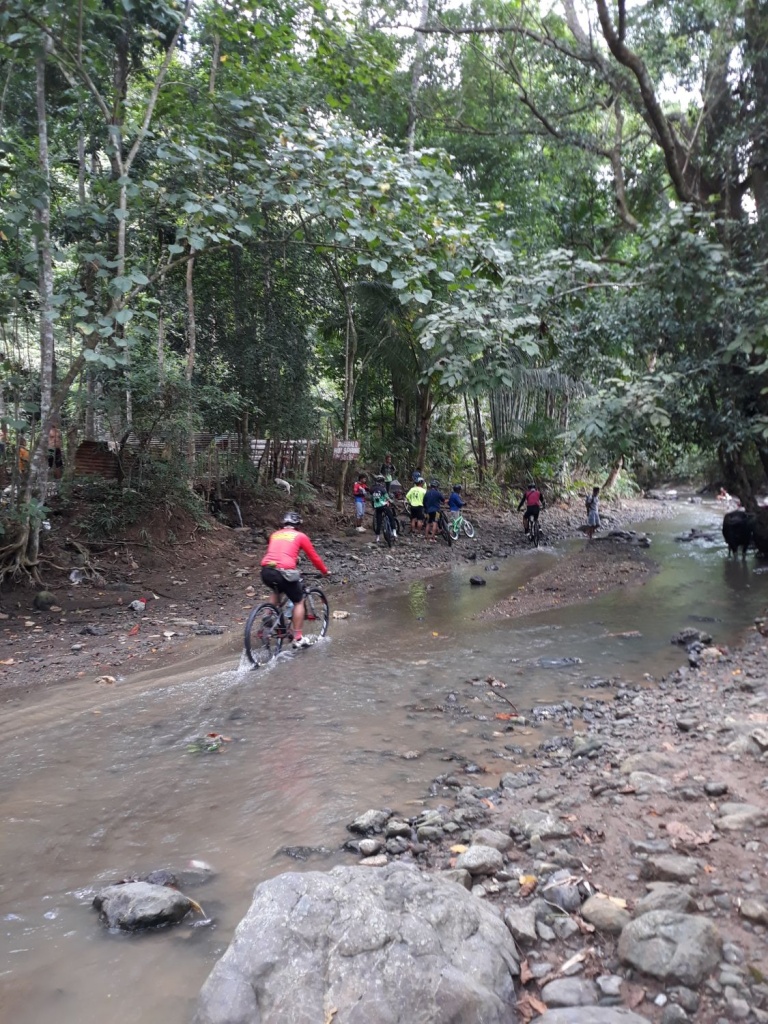
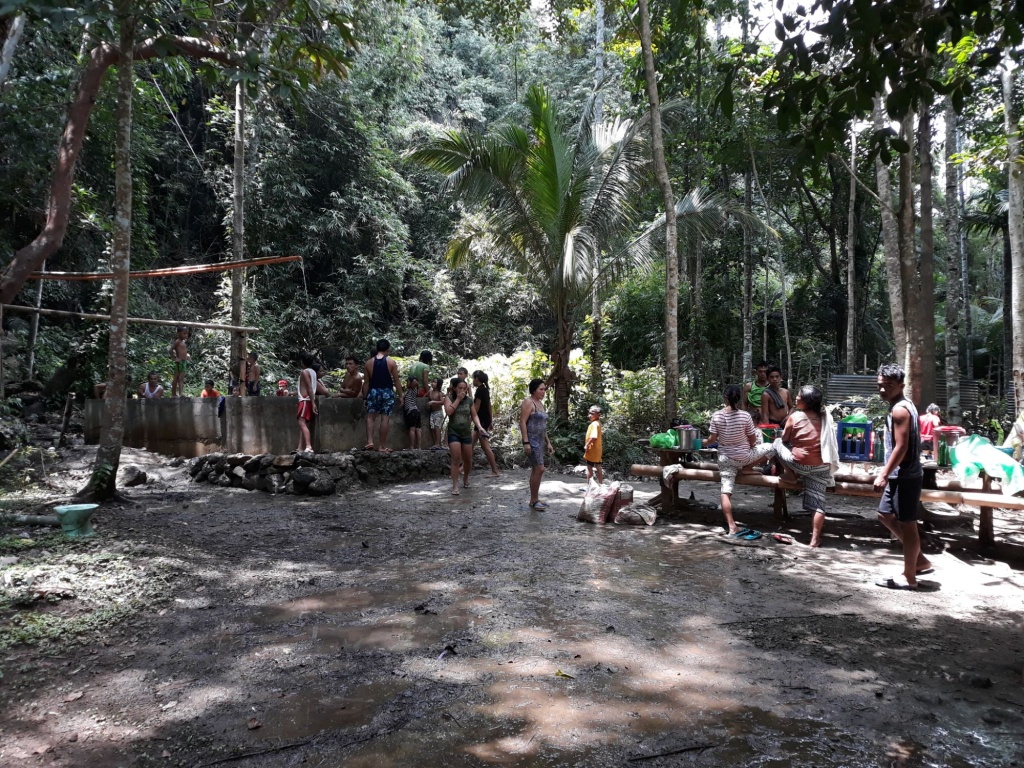
 (
(
